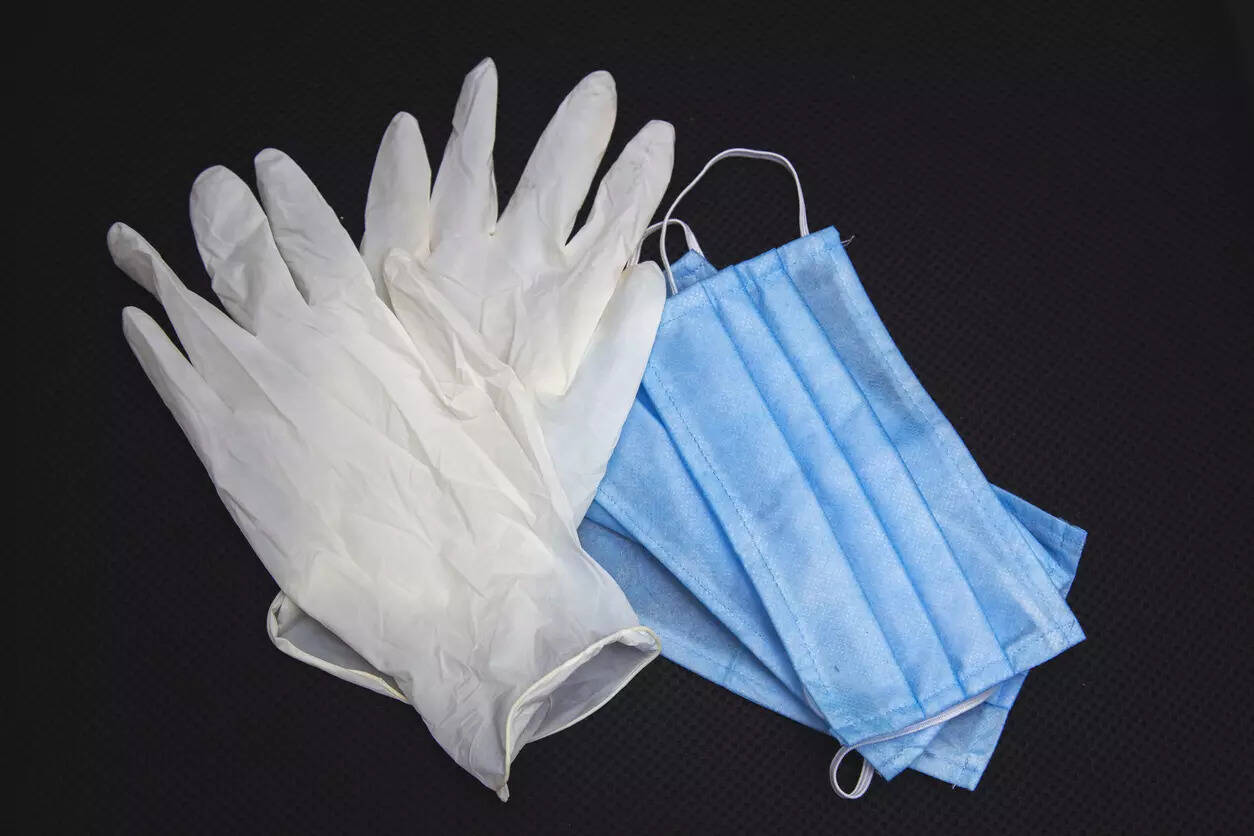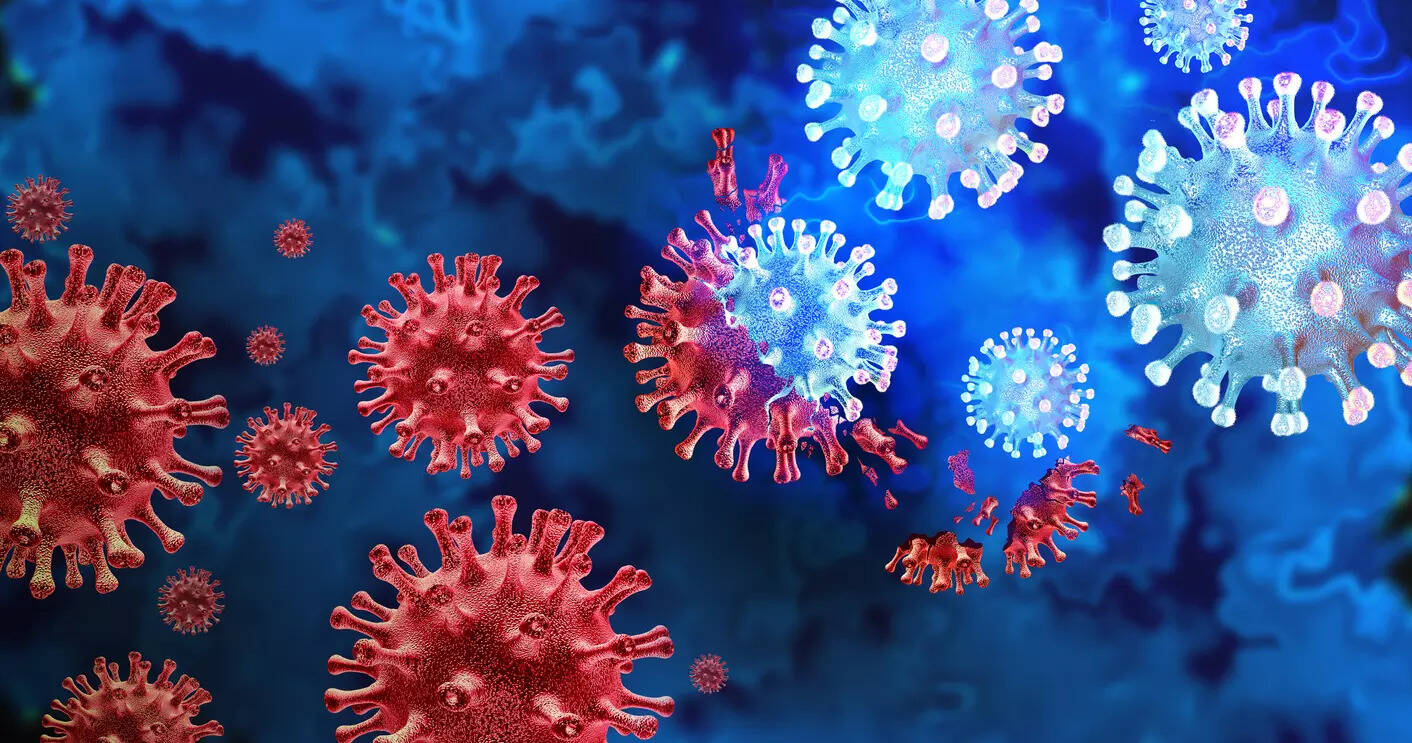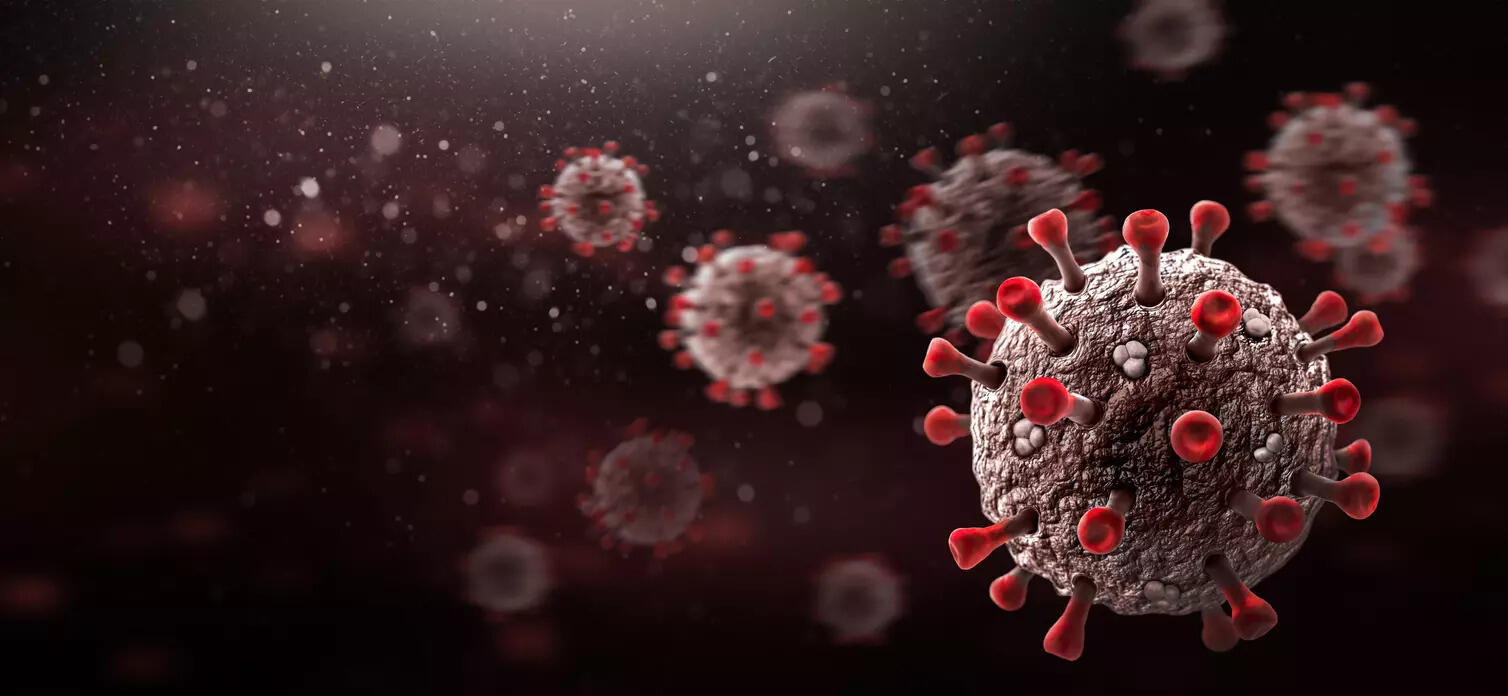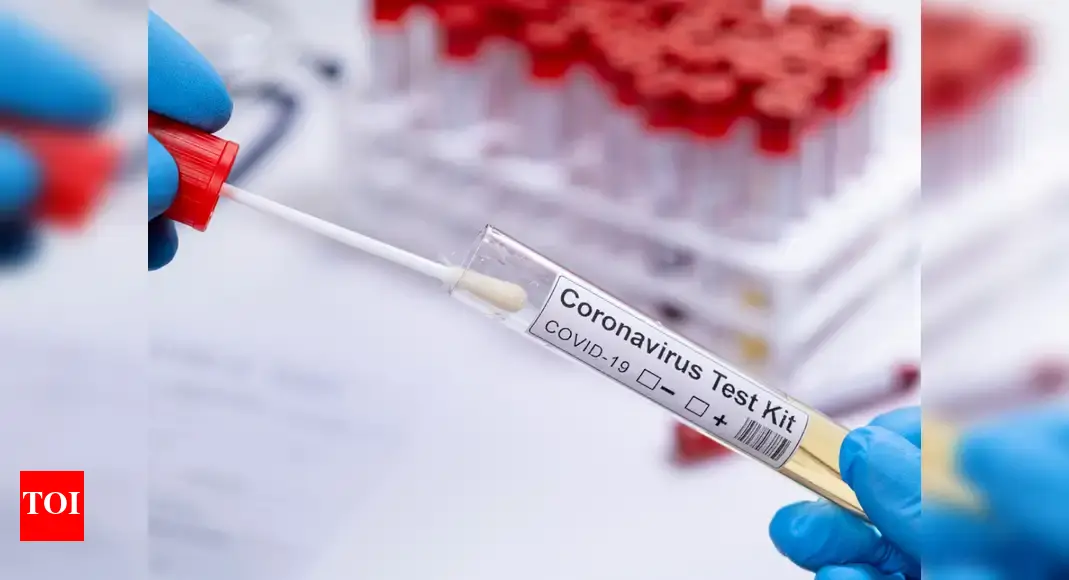Billy Joel Cancels Concerts Due to Normal Pressure Hydrocephalus (NPH): What You Need to Know
Music icon Billy Joel has announced the cancellation of several upcoming shows following a diagnosis of Normal Pressure Hydrocephalus (NPH), sparking widespread interest and concern among fans. But what exactly is NPH, and why is it so serious?
Normal Pressure Hydrocephalus is a rare but potentially reversible neurological disorder that primarily affects older adults. It is caused by a gradual buildup of cerebrospinal fluid (CSF) in the brain’s ventricles—fluid-filled cavities that protect the brain. Despite the fluid accumulation, the pressure inside the skull stays normal, which is why the condition is called “normal pressure.” However, NPH can cause significant disruptions in mobility, memory, and bladder function.
What is Normal Pressure Hydrocephalus (NPH)?
NPH is a form of hydrocephalus where excess cerebrospinal fluid collects in the brain’s ventricles, leading to swelling that affects brain function. This fluid is essential for cushioning the brain and spinal cord, but when it doesn’t circulate or absorb correctly, it can cause damage.
There are three main types of hydrocephalus:
-
Congenital hydrocephalus (present at birth)
-
Acquired hydrocephalus (develops from injuries, tumors, or infections)
-
Normal Pressure Hydrocephalus (typically affects older adults without elevated intracranial pressure)
Key Symptoms of Normal Pressure Hydrocephalus
According to the U.S. National Institute of Neurological Disorders and Stroke (NINDS), NPH is marked by a classic triad of symptoms that worsen over time:
-
Walking Difficulties – Unsteady gait, shuffling steps, and trouble turning
-
Cognitive Impairment – Memory loss, slow thinking, confusion, and lack of interest
-
Bladder Control Issues – Frequent urination or urinary incontinence
These symptoms are often confused with other age-related conditions like Alzheimer’s disease or Parkinson’s disease, making early diagnosis crucial. A 2019 study in Dementia and Neuropsychologia highlights that while both NPH and Alzheimer’s cause memory issues, NPH primarily affects brain regions linked to decision-making and motor functions—referred to as “subcortical dementia.”
Types of NPH: Idiopathic vs. Secondary
There are two main types of NPH:
-
Idiopathic NPH: Occurs without a known cause; mostly seen in older adults.
-
Secondary NPH: Develops after brain trauma, stroke, infection, hemorrhage, or surgery.
Both types involve impaired absorption of cerebrospinal fluid, leading to the same symptoms. According to the National Center for Biotechnology Information (NCBI), NPH is a “communicating hydrocephalus,” meaning fluid can move within the brain’s ventricles but fails to absorb properly into the bloodstream.
Who is at Risk for NPH?
Although NPH primarily affects adults over 60, it can occur at any age, especially in its secondary form. The good news? NPH is one of the few dementia-related conditions that can often be treated and even reversed. Early diagnosis and intervention significantly improve the chances of recovery and help prevent long-term brain damage.
How is NPH Diagnosed?
The U.K.’s National Health Service (NHS) explains that diagnosis typically involves a mix of:
-
Physical and cognitive assessments
-
Gait and balance tests
-
Brain imaging (MRI or CT scans) to detect enlarged ventricles
A lumbar puncture (spinal tap) may be used to remove a small amount of CSF and observe whether symptoms improve. If they do, the patient may be a candidate for surgery. In some cases, lumbar drainage tests or infusion tests are performed to measure CSF flow and pressure regulation over time.
Treatment Options for Normal Pressure Hydrocephalus
The standard treatment for NPH is the surgical insertion of a shunt, a small, flexible tube that diverts excess cerebrospinal fluid from the brain to another area of the body (typically the abdomen), where it can be safely absorbed.
Benefits of Shunt Surgery:
-
Alleviates pressure on the brain
-
Improves walking, memory, and bladder control
-
Offers best results when done early
However, shunts can fail or become infected, which may require additional surgeries. According to NINDS, research is ongoing into “smart shunts” that automatically adjust fluid drainage and electrostimulation techniques to improve fluid dynamics in the brain.
Why Early Detection of NPH Matters
Early recognition and treatment of NPH can lead to dramatic improvements in quality of life, especially since it mimics other incurable disorders. Unlike Alzheimer’s or Parkinson’s, NPH offers a chance for symptom reversal through timely medical intervention.
Final Thoughts
Billy Joel’s openness about his NPH diagnosis is shedding light on a little-known but impactful neurological disorder. By increasing awareness and encouraging early testing, many people can potentially avoid misdiagnosis and receive effective treatment.
If you or a loved one experiences sudden changes in gait, memory, or bladder function, speak to a healthcare provider about the possibility of NPH. Early detection could change everything.
















Leave a Reply